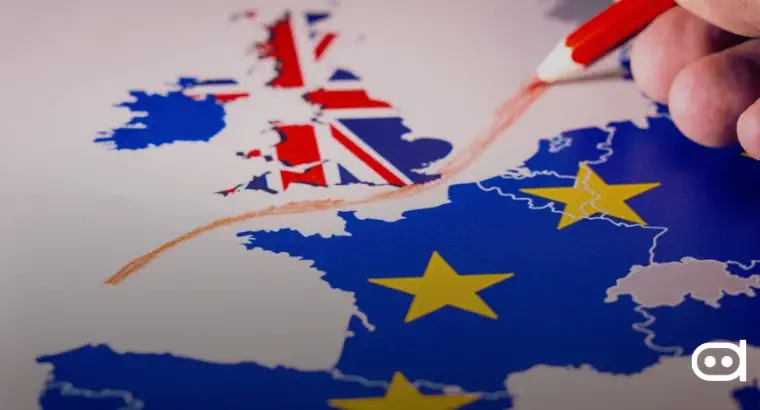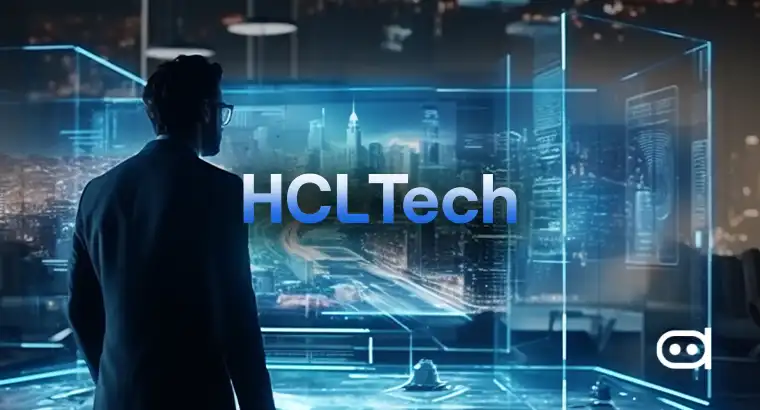
- Despite the UK’s exit from the European Union, UK technology companies must still adhere to the EU AI Act. This legislation, designed to oversee artificial intelligence across Europe, imposes specific requirements on UK firms, particularly those with ties to EU markets.
- For UK companies, complying with these regulations is crucial to maintaining access to the EU market and ensuring their AI products and services align with the stringent standards imposed by the EU. Non-compliance could lead to severe legal and financial consequences.
Even if the UK left the EU, it does not mean that there is no connection between AI regulation and Brexit. The EU AI Act covers all bases regarding the use of artificial intelligence within its borders or for serving consumers in member states across Europe, and as such, the country’s tech enterprises operating within or providing services to the EU are getting caught up in this net.
For most UK companies, this entails adapting to a new series of rules as well as standards that may significantly affect their activities, offer portfolios, and marketing approaches.
One reason why these rules continue to apply lies in the inherent global aspect of AI technology. There are no boundaries for artificial intelligence, just as there are no regulations governing it. For example, when UK firms have a large number of clients based in Europe or have invested heavily in European business operations, complying with the European Union (EU), the AI Act becomes a legal obligation and, at times, a strategic choice. If a company fails to follow these directives, it could face severe penalties; even more serious it will be forced out from one of the world’s largest markets.
The EU AI Act represents one of the most ambitious attempts at regulatory intervention, separating AI systems into various risk groups and imposing corresponding responsibilities accordingly. Strict oversight applies to high-risk AI systems, including obligatory risk assessments, transparency requirements, and continuous monitoring. If UK firms create or implement these kinds of systems, their processes must comply with these rules; otherwise, they will contradict them.
This is extended further by the reach outside territorial jurisdiction, which means that if a UK company has no presence within the EU but however its Artificial Intelligence (AI) systems are used inside or affecting any citizen who belongs to the EU, then such a UK firm falls under these rules too. For such British firms now, besides knowing about local policies, they also need to be compatible with those set by the European Union. This task is quite burdensome, especially when dealing with small entities that have limited capabilities.
Despite the regulatory landscape, there are also opportunities. Companies that manage to
navigate the EU AI Act successfully can position themselves as leaders in responsible AI innovation. By adhering to these stringent standards, companies can enhance their credibility and appeal in the global market, demonstrating a commitment to ethical AI practices that could set them apart from competitors.
ReadMore:Neura Introduces a Humanlike Robot as Tianlian and CL-1 Lead AI Advancements
UK technology businesses must be alert and proactive as the EU AI Act unfolds further. This includes staying updated regarding existing legislation and anticipating any changes that may come up in the future. Also, the United Kingdom government should ensure its domestic AI regulations are compatible with those of the European Union (EU) so that UK firms do not face unnecessary barriers while doing business overseas.
Conclusion
UK technology technology firms cannot afford to ignore the EU AI Act despite Brexit. Compliance is crucial for maintaining market access and safeguarding against legal and financial risks. Through this regulation embracement, UK companies can emerge as global leaders in AI by setting new benchmarks for innovativeness and ethical conduct. Thus, those who fall in line with these frameworks will be best placed to thrive amid persistently evolving conditions where artificial intelligence shapes humanity’s destiny.






